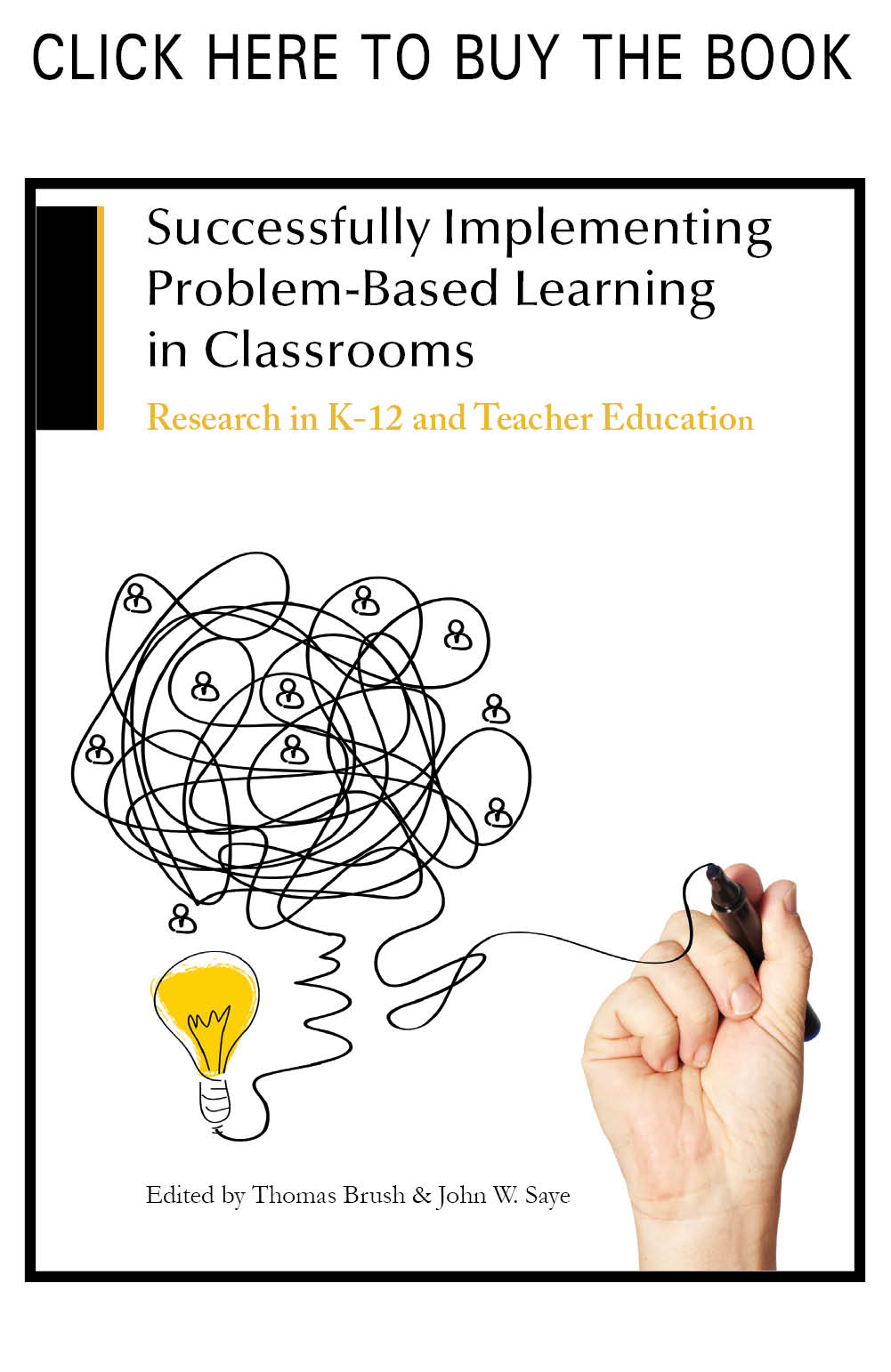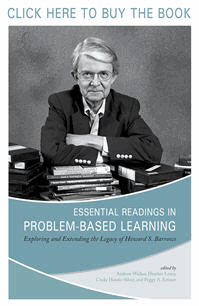Abstract
Promoting and sustaining effective discussion—that which contributes to learning—is a skill that eludes many instructors (Darling-Hammond, 2008; Ge, Yamashiro, & Lee, 2000). This study explored the role and strategies of an expert instructor in an online advanced instructional design (ID) course that utilized a case-based learning (CBL) approach. Discussion posts, as well as interview data, were analyzed and coded to explore how the instructor utilized three strategies noted as being critical to students’ learning during problem-centered discussions: social congruence, cognitive congruence, and content expertise (Schmidt & Moust, 1995; Yew & Yong, 2014). Results showed that facilitation choices were made with course goals in mind: modeling the case analysis process and improving students’ ID problem solving. All three strategies were used frequently during discussion facilitation. Strategies tended to be implemented in clusters, with social congruence strategies appearing in every post but four. Implications are discussed for utilizing a combination of these facilitation strategies, in a dynamic manner, within a case-based context.
Recommended Citation
Watson, S. L.
,
Koehler, A. A.
,
Ertmer, P.
,
Kim, W.
,
&
Rico, R.
(2018). An Expert Instructor’s Use of Social Congruence, Cognitive Congruence, and Expertise in an Online Case-Based Instructional Design Course. Interdisciplinary Journal of Problem-Based Learning, 12(1).
Available at: https://doi.org/10.7771/1541-5015.1633
Included in
Adult and Continuing Education and Teaching Commons, Curriculum and Instruction Commons, Higher Education and Teaching Commons, Online and Distance Education Commons, Other Teacher Education and Professional Development Commons





